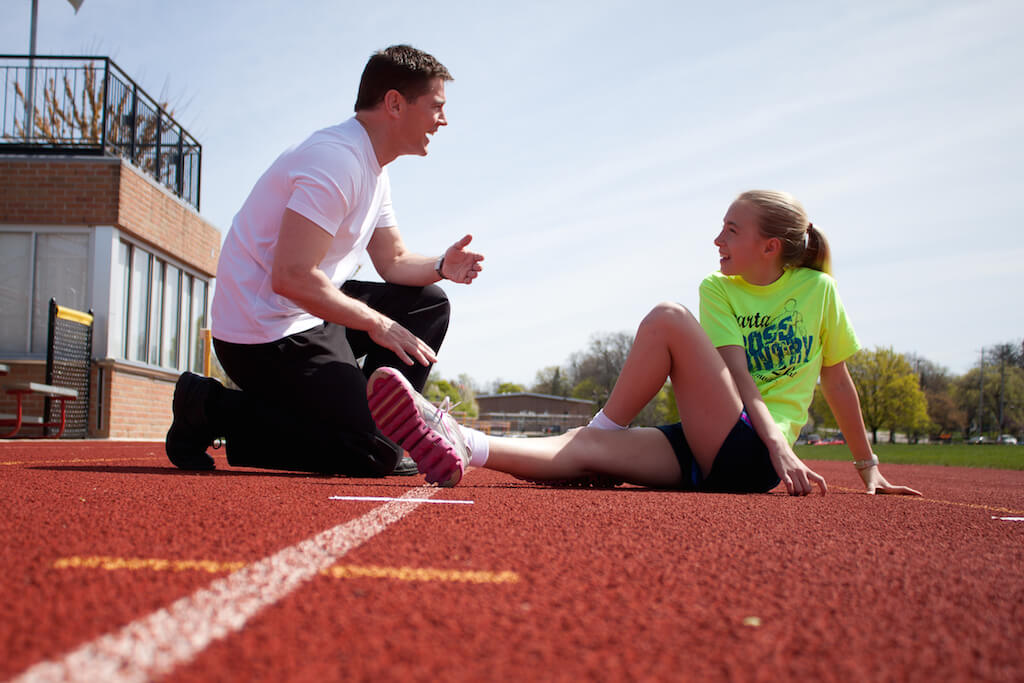
Table of Content
The term ‘sports psychology’ refers to the study of the manner in which psychology influences sports, athletic performance, exercise as well as physical activity. A number of sports psychologists work with professional athletes in addition to coaches in order to improve performance as well as increase motivation. Other professionals make use of exercise as well as sports to enhance people’s lives in addition to well-being throughout the entire lifespan.
Sport psychology interventions are planned to assist athletes and other sporting participants (for example, coaches, administrators as well as parents) in a wide array of settings, levels of competition and ages. The individuals that sports psychologists assist range from recreational youth participants to professional and Olympic athletes to master’s level performers.
The role of a psychologist
Here’s a list of what a sports psychologist does on a daily basis:
- Meeting with athletes, coaches and team members
- Identifying the relevant issues
- Setting goals
- Assisting players, teams etc to conquer their ‘demons’
- Providing counselling through questions and other tested techniques
- Recognising underlying reasons for poor play or a change in attitude
- Improving players’ mental focus
- Travelling with players and/or teams
Sports psychology has been shown to assist with improving concentration, confidence as well as communication. For instance, athletes are taught how best to maintain focus in addition to mental intensity during the course of their game through attention-control training and mind awareness techniques that sports psychologists teach them. Confidence is built by means of positive feedback as well as counselling. Communication skills of athletes are improved through learning suitable listening in addition to assertiveness training.
In addition to this, sports psychology has the capacity to reduce anxiety as well as stress through learning useful breathing, relaxation or alternatively cognitive techniques. As a part of this, sports psychologists take a dynamic role in assisting athletes to develop in addition to reaching their performance goals. Lastly, sports psychologists also strive to assist members of each team to improve their trust and respect for each other. As a consequence of all of this, athletes are able to improve their performance.
Skills of a sports psychologist
There are a number of skills that a sports psychologist needs to possess. These are:
- A keen interest in the sport
- Excellent communication as well as interpersonal skills
- Active listening in addition to reflection skills
- Patience as well as the ability to motivate others
- The flexibility which will promote them working in a range of settings with different clients
- Problem-solving skills
- Decision-making ability
- Commitment to research as well as continuing professional development (CPD)
- The ability to work under pressure in addition to coping with stressful situations
- A methodical approach to work
- IT skills.
Sports psychology is an interdisciplinary practice that explores the link between psychological as well as physical factors that affect performance in competitive sports in addition to athletic activity. This speciality includes the science of physiology, kinesiology as well as biomechanics in order to assist sports psychologists in treating a broad range of mental health issues that are commonly experienced by athletes as well as sports or fitness industry professionals in a clinical setting.
Professionals in this field may favor one aptitude over another because this field does necessitate a distinctive combination of training in both medicines as well as psychology. With their in-depth knowledge of physiology as well as kinesiology, in addition to their psychology training, some sports psychologists may focus on rehabilitation as well as reintegration of athletes after an injury. Other sports psychology professionals may focus on mental health issues surrounding coach-player communication conflicts or enhancing team dynamics.




